The Paramount Importance of Safety Management in Aviation
Other · 3 min read
Whether you are planning a trip or just dreaming of one, check our recommendations for the best airlines to fly to Japan!
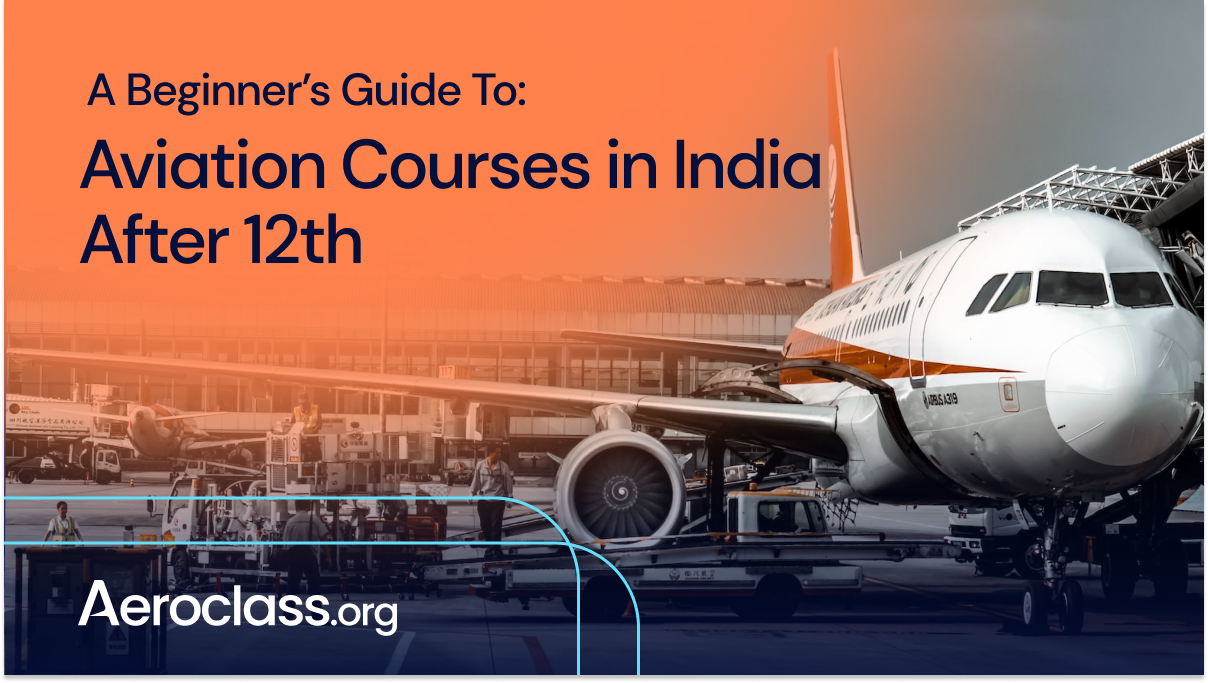
It is not by chance that air transport is by far the safest mode of transport globally. Much credit can be given to the competency-based aviation courses through which aviation professionals acquire the needed set of skills, both soft and hard, needed in shaping safer skies. Specifically, the aviation sector in India is one of the fastest growing industries in the country, ranking as the third largest domestic aviation market worldwide. In fact, according to India Brand Equity Foundation, IBEF, by 2024, India would have overtaken the UK’s aviation sector as the third largest air passenger market.
Therefore, you can ask, what propels such high aviation growth in India? To get a better idea you can first take a look at India’s aviation history. India boasts of some of the best aviation courses not just in Asia but globally – we’ll take a deeper look at some of the top aviation courses after the 12th class in the next section. It would then go without say that considering that the nation offers some of the most premium aviation courses, then it must have the top aviation colleges in the world. Yes, the nation has strategically-placed top aviation colleges in the region and beyond, which we will have a closer look at as well in the subsequent sections of this article.
Nonetheless, aviation is a multidisciplinary industry with many available courses that you can apply for across different aviation colleges. As an aviation enthusiast, after the 12th class, you can enroll in a diploma, certificate, or degree program, and probably a masters and doctorate program after attaining the undergraduate qualification. In a nutshell, the sphere of aviation courses is so wide that you shouldn’t limit your prospects of joining the industry.
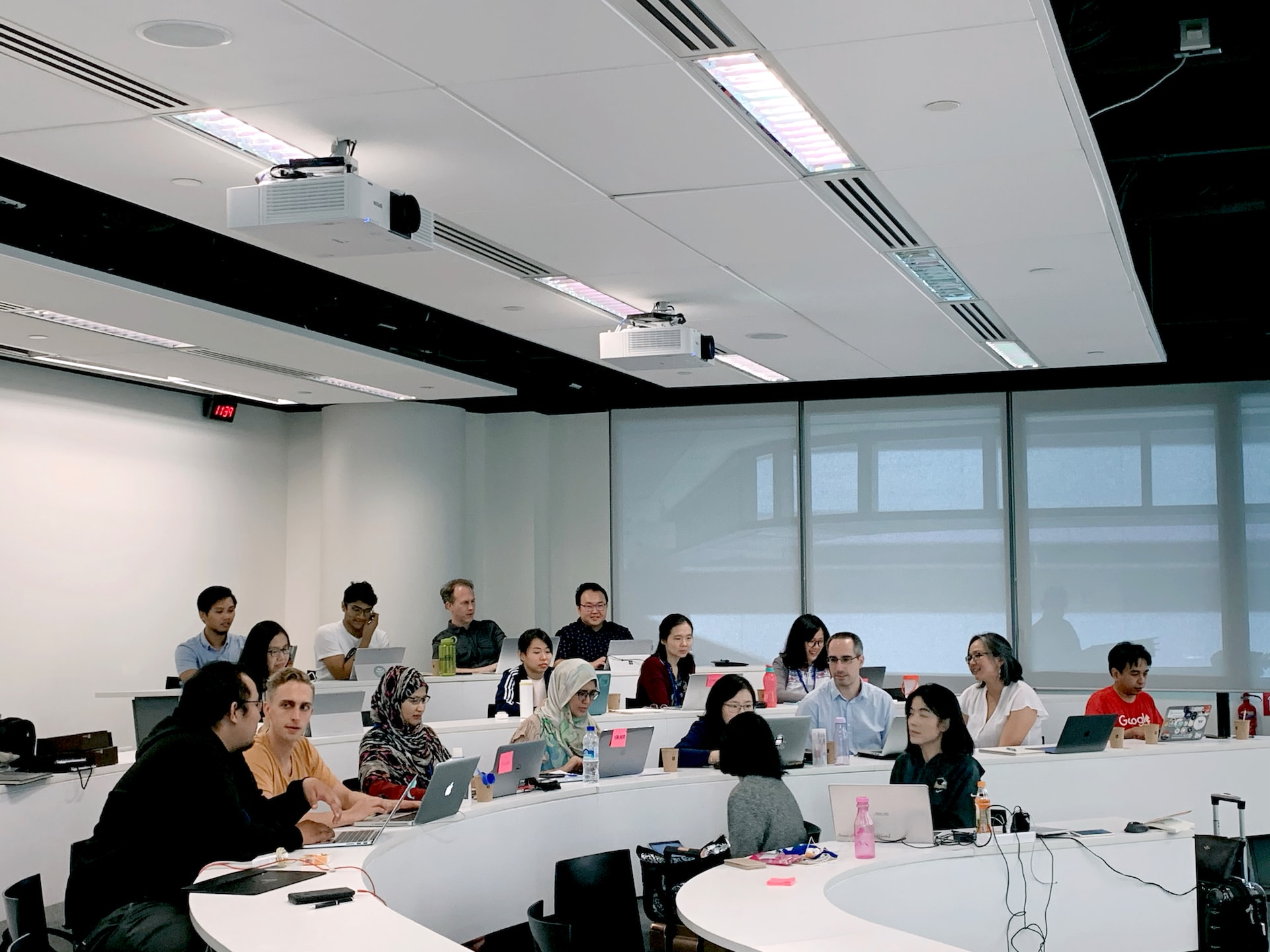
After the 12th class, you are probably at crossroads when it comes to settling on one out of the many available options of aviation courses. Do not worry because we have compiled a list of popular courses in the aviation industry which are affordable yet still competitive in the industry.
As a disclaimer, the curriculum and duration of study for each course may vary from one aviation college to the next. Also, our list of courses is of course not very comprehensive. As such, we recommend that you visit the web portal for your desired college of choice to learn more and make a more informed decision.
Further, we acknowledge that the omission of your preferred course or courses is not by choice nor design and in no way discredits those particular aviation courses. The final decision of the course to pursue career development in the aviation industry rests with you.
“Ladies and gentlemen, this is your captain speaking.” If you are accustomed to these words and want to occupy one of the pilots’ seats in the cockpit, then this course is for you. This course is normally 2 years in duration although there is no lower nor upper limit set for such a duration. However, there must be a threshold number of hours that must be achieved before acquiring the CPL, normally set at 160-200 flying hours.
As a prerequisite, one must first acquire a Private Pilot License, PPL, with a minimum of about 40-50 flying hours. An aptitude test and medical tests must also be passed before enrolment. With few scholarship options available in India and generally worldwide for this course, it tends to drain the pockets although one can be sure to recover all the training costs within a year or so depending on the entry salary grade one gets his or her employment with.
Some of the job profiles associated with this course include a pilot in command or commonly the captain, first officer, and helicopter pilot.
Both theoretical and practical subjects are covered in this course. These include, but are not limited to:
Aeronautical engineering is a technical aviation course that normally lasts for 4 years, with some institutions extending the duration to 5 years. As a graduate of this course, you will be responsible for the design, manufacture, and maintenance of the aircraft. With diversified expertise, one can take up many roles including aircraft maintenance technician, reliability monitoring engineer or technician, research and development engineer, chief engineer, director of maintenance, and production planning engineer among many more.
In India, this course is only offered by reputable colleges considering the depth of laboratory work and other infrastructural establishments needed for full accreditation of the course. Upon graduation, one can work with private airlines or join military aviation in different capacities. Those interested in academia, they can become college lecturers and professors.
Some of the subjects offered in this course include materials and structures, computer programming, aerodynamics, flight mechanics, aerothermodynamics, heat transfer, propulsion, air navigation, communication skills, aviation law and regulations, finite element analysis, computational fluid dynamics, and aircraft systems among others.
Because of the broad scope of specialization in this course, there is no fixed salary for these aviation professionals. However, the salary range is about INR 3-5 lakh.
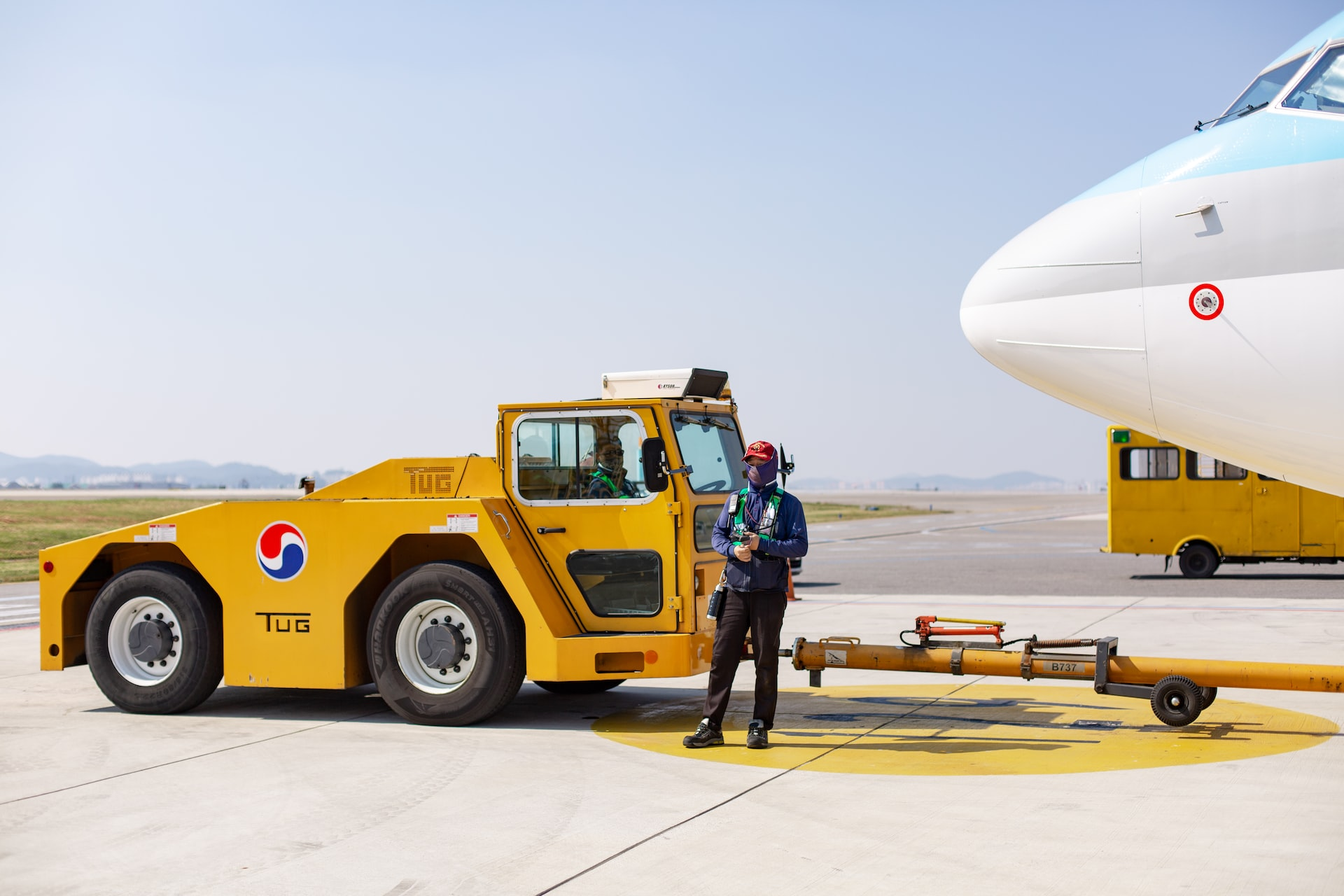
This course takes about 2-4 years to accomplish depending on the chosen program of study usually in two; Program A and Program B. In Program A, the course takes 2 years with practical training and academic learning taking each year. On the other hand, Program B takes 2 years instead of 1 for practical and academic learning. It can be pursued as a Bachelor of Science, Technology, or Engineering, commonly termed as BSc, B.Tech, and B.Eng. / BE respectively. Throughout the course, one is taught about aircraft maintenance and troubleshooting, and the working principle of the aircraft.
The subjects covered include aircraft structures, theory of flight, propellers, aerodynamics, workshop, aircraft material and hardware, aircraft systems and maintenance, radio, computer systems, aircraft instruments, engineering graphics, basic and applied electricity, aircraft engine, and aircraft electronic systems among others.
Upon graduation, one can seek employment in maintenance, repair and overhaul (MRO) facilities, aircraft manufacturing companies such as Boeing, Airbus, and DHC, and part manufacturing companies such as Goodyear, and Collins Aerospace, among others.
BBA in Aviation in a 3-year undergraduate course. Through the course, students are taught administrative aspects of aviation including airport planning, airport management, financial accounting, airport operations, passenger forecasting, and air transport among others.
Some of the job profiles associated with graduates of this aviation course include branch manager, airline contracting manager, credit control manager, airport operations manager, lecturer, and teaching assistant.
This is one of the courses that are not specific to aviation yet is a popular course of choice amongst students after the 12th class. It instills administrative skills in the students that enable them to deal with on-field matters.
In the syllabus, some of the courses covered include management accounting, principles of management, and human behavior and ethics, all of which directly correlate to the needs of the aviation industry.
Upon graduation, students can take up roles such as that of airport manager, safety manager, and airport administrator.

Hospitality is an important aspect of every business because of its direct correlation to customer service and satisfaction. As such, those interested in hospitality but who want to experience the aviation industry in this regard are best placed in this course.
The course takes about 6 months but this depends on the requirements of each training institute or aviation college. It entails aspects of travel management together with aviation hospitality. As such, the subjects covered include fares and ticketing, hospitality management, corporate social responsibility, travel management, personality development, self-grooming, communication skills, and foreign language.
This course takes about 6-12 months depending on the curriculum requirements of the aviation training college. Students are taught different aspects of human relations such as ensuring the comfort of passengers onboard the aircraft. They also learn how to guide the passengers to different sections of the airport, airline’s lounges, and the aircraft.
Remember, not all passengers are regular clients and some could be using the specific airport’s or airline’s facilities for the very first time. As such, whoever accords them guidance must be cordially upbeat and show high levels of etiquette. Good passenger handling brings about a good airline rating and subsequently more passenger traffic flow considering that most consumers make their consumption choices based on other users’ experiences and ratings.
Graduates of this aviation course can become flight dispatchers, tour and travel agents, cabin crew or flight attendants, and airport station attendants.
Airfare and ticketing management for an airline is what dictates the amount of fares and cargo transport costs for the airlines. As such, this has a direct influence on the affordability of the airline and attractiveness from the passengers’ perspective. For example, passengers will only consume what they can afford and so will tend to travel using airlines that offer lower fare prices at the same competitive scope of services as other airlines.
Therefore, it is in this aviation course that one will learn how to optimize ticket prices such that the airline can cover its operating expenses and still generate enough profit to stay in business. As such, some of the subjects taught include ticketing terminology, passport and visas, e-ticketing, and software for airfares and ticketing.
The course may be taught as a subject as part of a large course such as a Diploma in Hospitality or Diploma in Ground Staff and Cabin Crew Training.
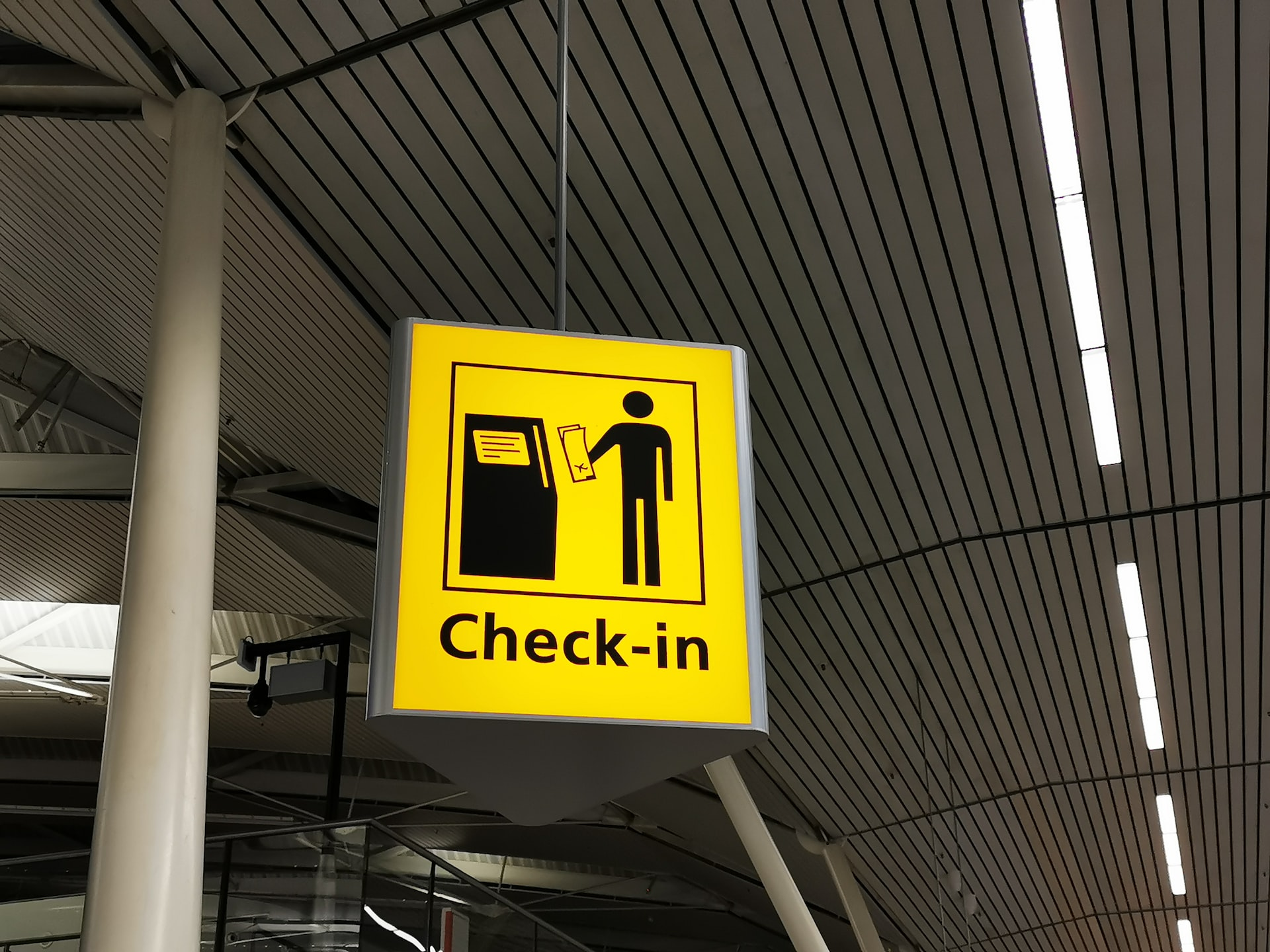
For aviation courses to have the expected industry impact, they must be taught in top aviation colleges. In India, some of the most reputable institutions of higher learning by region, though not exhaustive, which can be found by vising India’s higher education web portal, Vidhyaa, are as tabulated:
Below you will find a list of education institutions who offer programs in aviation. At the end of the studies in these colleges, you will be getting a diploma in aviation and be ready to start your career in the aviation industry.
Hindustan Institute of Technology and Science
Noida International University
Lovely Professional university
Sant Baba Bhag Singh University
Sha- Shib Group of Institutions
Institute of Aeronautics and Engineering (IAE)
SJES College of Management Studies
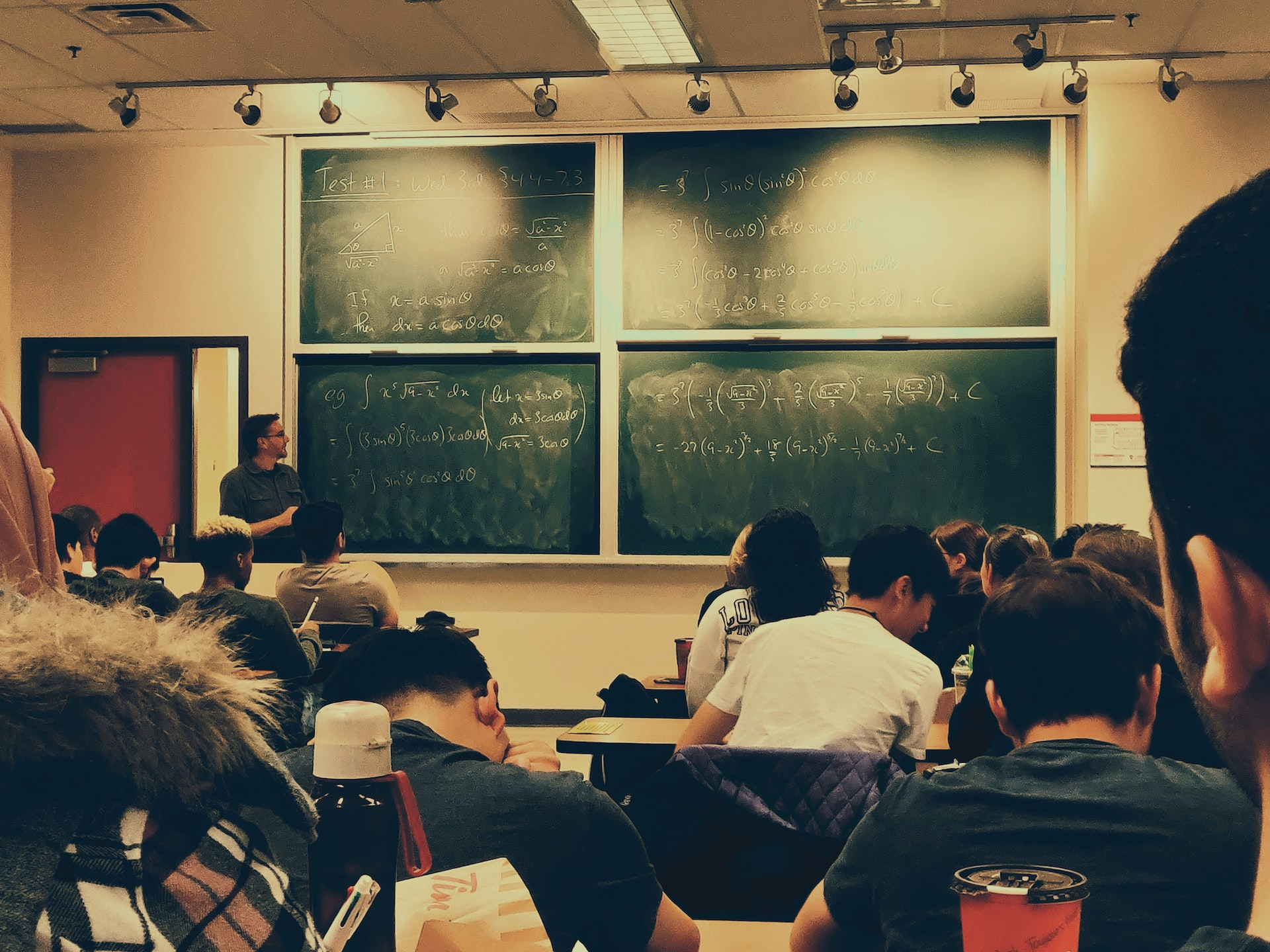
Indian Institute of Engineering Science and Technology
TMI Academy Of Travel Tourism & Aviation Studies
Nowadays, online courses are becoming more popular and you can obtain a variety of skills on platforms such as Udemy, Masterclass, Skillshare and the likes. Luckily, if you do not want to commit to a full diploma in aviation just yet, you can also take aviation courses after the 12th online.
Aeroclass.org offers online aviation courses in airline and airport management, airport operations, aircraft engine leasing, air cargo and safety. Aeroclass also offers some courses on soft skills in aviation. If you are not sure if you want to start a long university program, you can start your aviation journey with some of these courses:
With this course you will get a proper introduction in airport management and general airport operations. You will also get an understanding how passengers passing through an airport are processed and how to ensure their smooth travel experience.
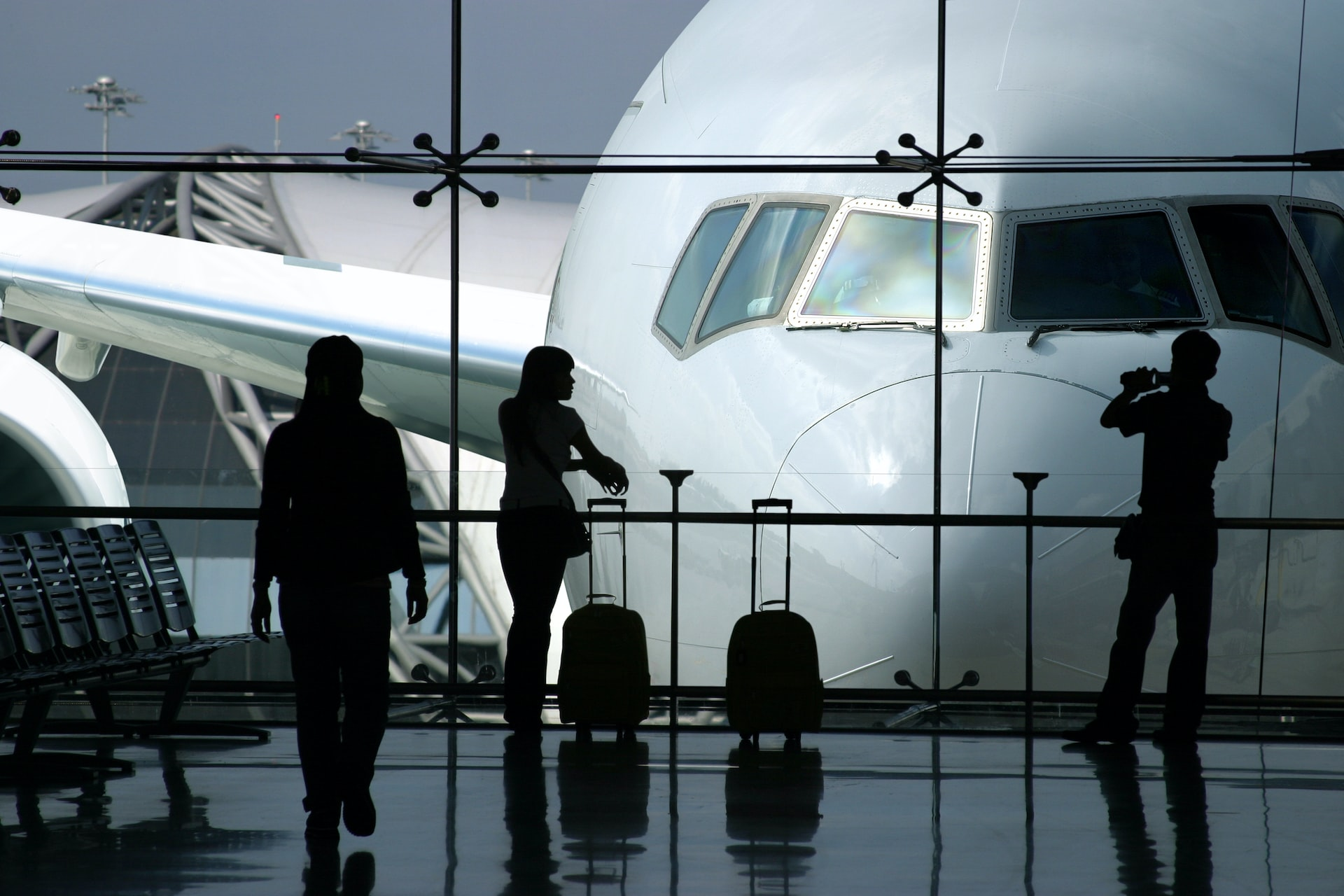
If you are not looking for managerial positions in the aviation sector, you can always take the route of becoming an aircraft maintenance technician. In order to become one, you will need to obtain several licenses. With this course, you will get a basic understanding and a list of the necessary steps to become an EASA Part-66 engineer.
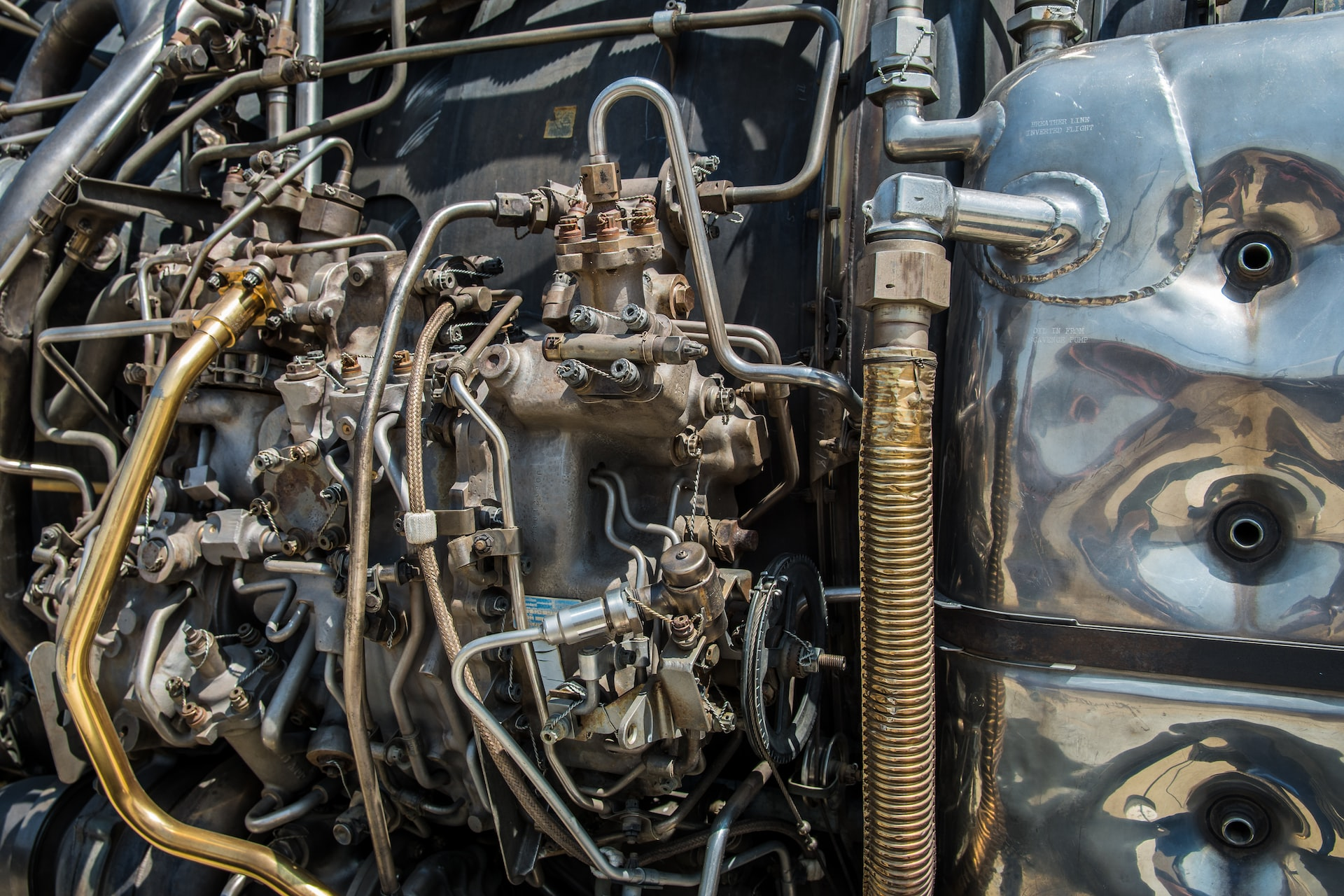
An introduction to air cargo course is a wonderful opportunity to take a look into how air cargo functions. You will get a global overview of how this aviation sector functions and what it takes to get goods from one country to the other by air.
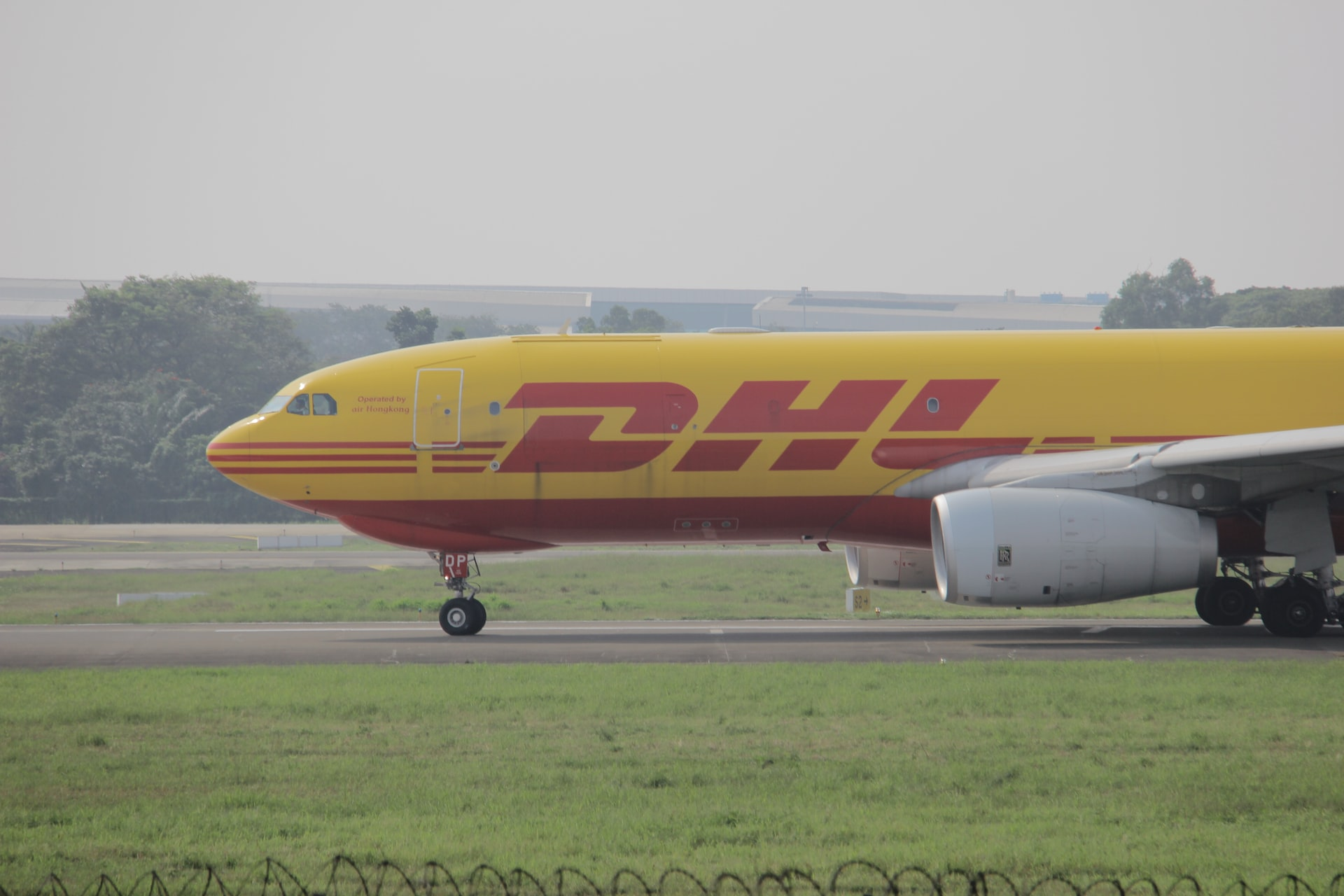
Because most aviation courses require both technical and soft skills, a variety of skills required to successfully graduate from such courses include:
1. Hard work
2. Resilience
3. Reliability
4. Communication skills
5. Confidence
6. Patience
7. Friendly personality
8. Physical fitness
9. Determination
10. Teamwork
After completion of the 12th class, you can visit the website of your college of choice and then fill out the application form for admission. Each course has eligibility criteria, which means that one must meet the minimum requirements to be enrolled in a given course. Normally, for technical courses, one is required to have merited in Mathematics and Physics. For some specific aviation courses in India, one must sit for an admission exam and pass. Such exams include AME CAT, AFCAT, and IGRUA.
However as a guideline, one should only select a course that complements their skills and avoid being primarily motivated by huge salaries. It is also important to note that meeting the eligibility criteria for a given course does not necessarily mean that you are a perfect fit for the course. Why? Because by considering factors such as passion and interest, a given course may not make an individual reach his or her full potential or self-accomplishment especially by alluding to Maslow’s hierarchy of needs.

The high growth rate of India’s aviation industry makes it an attractive nation to pursue aviation courses for both domestic and international students. With a wide range of courses to choose from, it is always better to have a priorities list in terms of a checklist that would enable one to arrive at the final decision of selecting a given course. Because of the high risk of choosing a career because of the prospects of making more income, it is highly recommended that passion and interest should rank top of the checklist. This ensures that one remains resilient throughout the duration of study regardless of the setbacks, which even from afar, are highly probable to mar the journey.